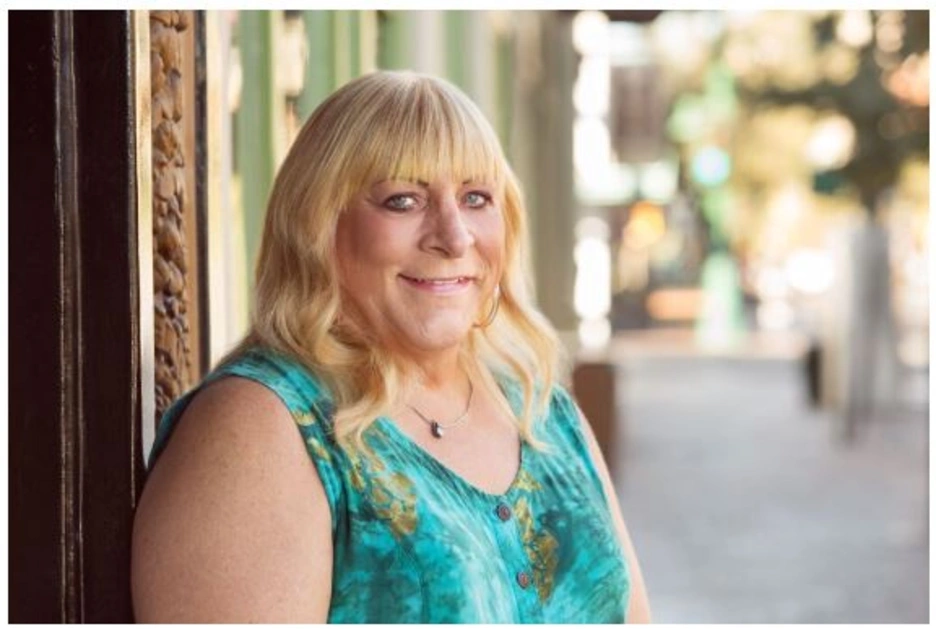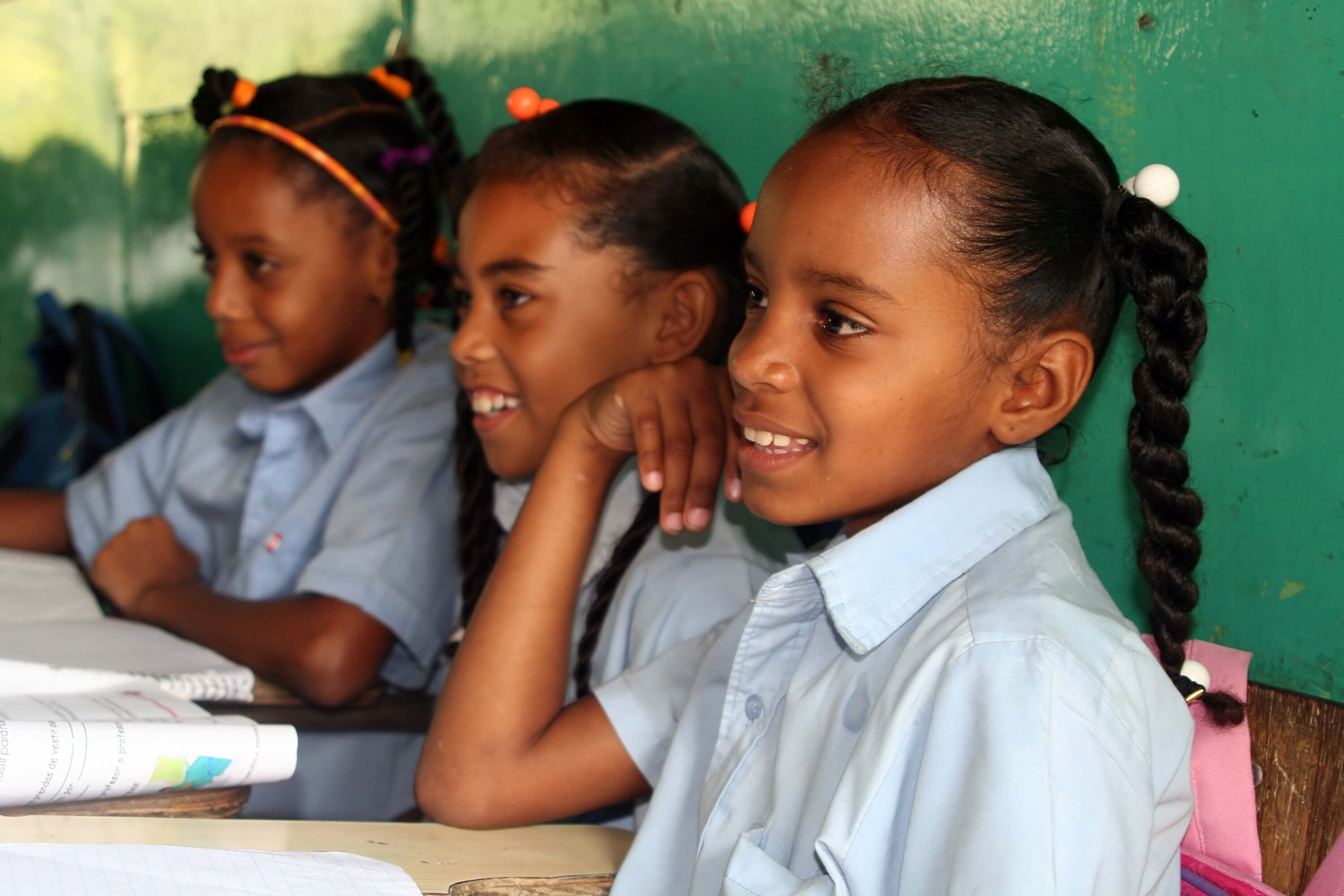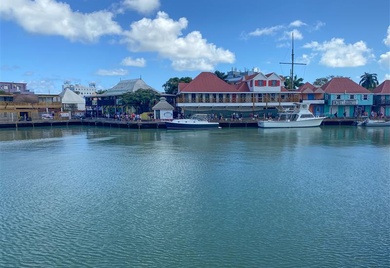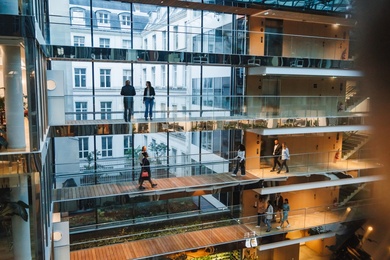IDB World: ChatGPT, Maritime Transport, Trans Rights

The power of ChatGPT to develop innovative public policies
The world of technology is moving fast, and Artificial Intelligence (AI) and machine learning are at the forefront. The Inter-American Development Bank (IDB) strongly believes in the benefits of using cutting-edge technologies such as AI, machine learning, deep learning, and transformers to improve efficiency and productivity, increase inclusiveness, and reduce emissions in infrastructure.
In Latin America and the Caribbean, these technologies allow countries to analyze data more effectively and automate manual processes, which translates into better decision-making and better services.
The infrastructure sector already applies technologies that reduce water and electricity losses, automate the analysis of pavements and signage, diagnose road safety features, and automate the inspection of satellite images to estimate solar energy generation, detect water and sanitation assets and create inventories of unpaved roads.
What route does global shipping take and what are the impacts on the region?
The year finds maritime transport at a very different moment compared to when we wrote an older article: “Troubled times: congestion in the sea lanes in the time of COVID-19”.
With global inflation accelerating and lockdowns ending, consumers are spending less on goods, while bottlenecks in major supply chains have eased. Consequently, the demand for transport has returned to pre-pandemic levels and, with it, the costs of maritime transport have decreased.
For example, the freight for the Shanghai-Santos route, which reached $10,000 in December 2021, is now around $2,300. Estimates for this year foresee a drop in international trade, as a result of the implementation of more restrictive monetary policies to contain inflation, the slowdown of the Chinese economy and the continued impact of the war in Ukraine on international trade.
A house for trans people
What does your house mean to you? For some it is a place where they can grow, learn and where they can find environments of trust and support from other members of the family. A house is also infrastructure that protects from the weather, the rain and the dangers outside.
Unfortunately, for trans people, the concept of home is often linked to discrimination and exclusion that can be so painful that it leads them to abandon it when they are still very young. In fact, one of the most important studies on the situation of trans people in the United States found that 30% of the people surveyed reported having been homeless at least once in their lives. On Trans Visibility Day, we want to reflect on the challenges that people with diverse gender identities encounter in accessing housing and inclusive environments in Latin America and the Caribbean.
The first place where children with diverse gender identities should receive protection and freedom to express themselves is their own home. However, it is precisely there where many of the first forms of violence and discrimination begin to manifest themselves. An example of this rejection is manifested in the attempt to modify diverse gender expressions from an early age: a study of 3,246 LGBTQ+ students in Colombia found that among those who reported having had experiences with "conversion therapy" to change their sexual orientation and gender identity, 78.6% attended under pressure from their fathers, mothers or caregivers.
LIKE WHAT YOU JUST READ?
Subscribe to our mailing list to stay informed on the latest IDB Invest news, blog posts, upcoming events, and to learn more about specific areas of interest.
Subscribe



